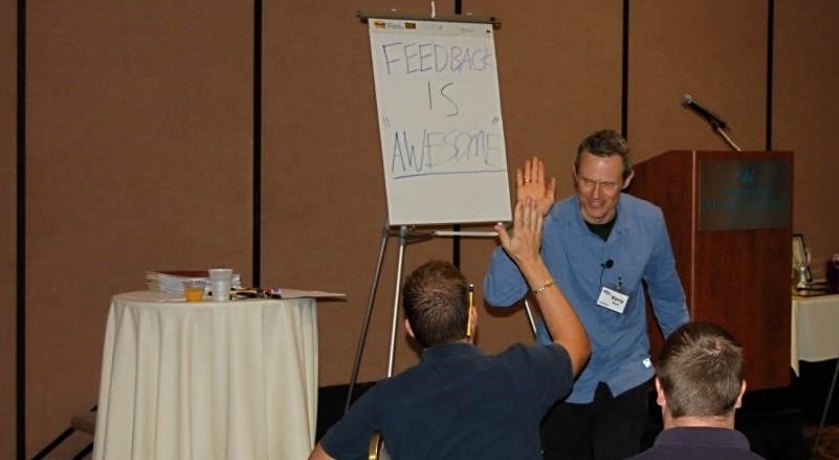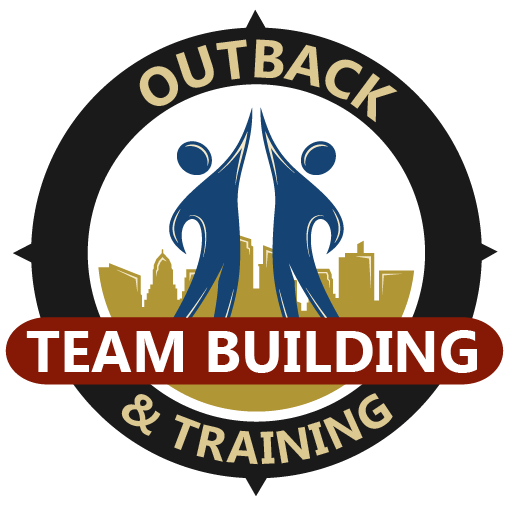Kick-off meetings can be an incredible way to re-energize your team or realign the focus of a project – when done right. Here are five major roadblocks that can happen when you’re planning these meetings, and how to avoid them.

Kick-off meetings can be an incredible way to re-energize your team or realign the focus of a project – when done right. Here are five major roadblocks that can happen when you’re planning these meetings, and how to avoid them.
Kick-off meetings are meant to inspire employees, get them excited about what’s to come, and provide each individual with an in-depth understanding of what they need to accomplish.
But what if all your careful planning goes wrong?
If you don’t keep certain things in mind when structuring these kinds of meetings, you’re unlikely to achieve everything you’re hoping to.
Keep reading to learn more about five of the biggest reasons why kick-offs fail and how you can shoot for success.
1. Unclear Goals
What is the point of the meeting? Muddled or scattered goals can be confusing, frustrating, and unproductive. You want to make sure that there is always a clear purpose, and that you share it with attendees right at the top of the agenda.
If you’re having a hard time narrowing your goals down, here are some common ones for inspiration:
- Presenting Your Project or New Ideas
Depending on the type of kick-off meeting, you can use this as an opportunity to narrow down specifics for a project or share new strategies. - Creating Enthusiasm
Get employees excited about what they’ll be working on and make sure that the meeting’s tone is both positive and encouraging. - Building Alignment
Kick-off meetings are a great time to push the reset button and get everyone back on the same page. - Setting Expectations for Moving Forward
What’s next? Determine what kind of goals need to be set once the meeting is over.
2. Treating Your Meeting Like an Info Dump
Use this time to be productive and only deliver information that’s relevant to your team and their goals.
Hours and hours of taking in information can be overwhelming and, quite frankly, boring. Plus, studies have shown that our attention span only ranges from 10 to 18 minutes.
If there’s a lot of data you need to review with your team, try breaking up the session into sections with something fun and interactive like a team building activity.
3. Having the Wrong People Attend
Often, there are employees at kick-offs who don’t really need to be there. Even worse, sometimes those who should be there, aren’t.
If the meeting is only applicable to a specific department or certain employees, then you should limit the attendance list accordingly.
A study conducted by the University of North Carolina of more than 182 senior managers found that:
- 71% felt that meetings are unproductive and inefficient
- 62% felt that meetings fail to bring the team closer
To keep employees from feeling disconnected at your kick-offs, talk to your boss about who should be at the meeting. Try not to include more people just to increase numbers.
4. Not Asking for Feedback
Not asking for feedback is a missed opportunity for measuring the success of your kick-off meeting.
Are employees understanding the goals at hand? Is there something you are missing? Don’t miss out on your colleagues’ valuable insights.
Some feedback questions you may want to ask employees include:
- How will this affect our customers?
- How are we going to measure success?
- What are we going to do if something goes wrong?
5. Lack of Follow Through
So, you had a great kick-off meeting. It’s done now, right? Wrong!
Afterwards, you need to follow through. If you don’t, employees are going to lose momentum, and potentially lose sight of the goals from your meeting.
Be responsible for your meeting’s purpose over the long-term. Some ideas on how to do that include:
- Sending Out a Summary
Recap important details for attendees and ensure that they have support and instructions on what to do after the meeting. - Bringing Back Reminders
Put things like flipchart notes or a team photo on display at your workplace to remind everyone of what they achieved together. The positive association will reinforce the intent and success of the kick-off. - Keeping Your Team Accountable
Schedule follow-up meetings and make sure lines of communications remain open as you move forward.
Download Your Free 25-Page Guide to Planning Epic Kick-Off Meetings
For even more expert advice and strategies on how to put together a successful kick-off meeting, check out An Event Planner’s Guide to Epic Company Kick-Off Meetings. If you need further support, you can book a free consultation with one of our knowledgeable Employee Engagement Consultants.


